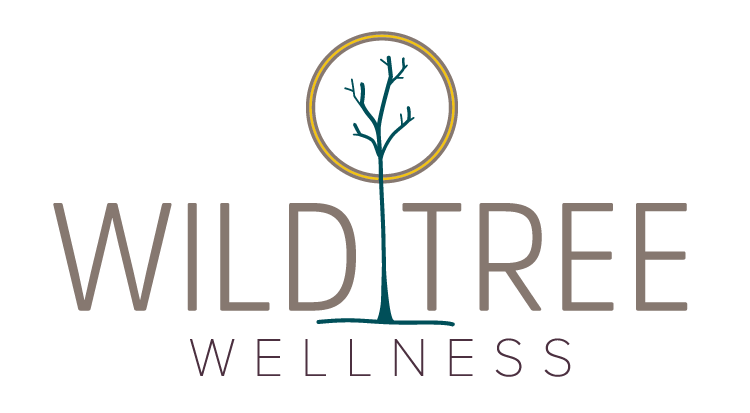When You Doubt Yourself | A Blog About Perfectionism
There’s been a lot of discussion recently (in my world anyway) about perfectionism. By and large, it’s unique to females, especially ones who tend to have unyielding expectations of themselves. In her recent article about the differences between men and women when it comes to being hard on themselves, Lauren Martin stated, “Show me a woman who doesn’t doubt herself and I’ll show you a liar (and the woman who feels bad about lying).” No wonder such high expectations are in place – there tends to be a fairly large confidence gap (Shipman, 2014) between men and women, and as such, it stands to reason that certain standards need to be met in order for a woman to feel worthy of her accomplishments, or even of a decent holiday party.
Doubt, though capable of lending itself to humility, is also just as capable of producing lofty and unattainable criteria for how to go about one’s life. I think it’s often assumed to be the opposite, that if we doubt ourselves, we have much lower expectations/standards on how to be. Generally speaking, I find that it’s the other way around. With doubt comes rampant questioning of decisions and an air of “I’m not sure what to do here, so I’m going to double my efforts.” Not always bad, but this can lead to high expectations of self and others (e.g., attempting to arrive as close to perfect as possible), something that women do far more frequently than men. For example, in several studies outlined in Shipman (2014), men tend to overestimate their abilities and performance, whereas women tend to underestimate both. With this kind of widespread underestimation of abilities, well then certainly there’s far more work to be done to reach one’s full aptitude, no? If we start off with doubt, there’s already a deficit in the belief that we might be just fine and have little to prove. It’s that last part – proving to ourselves and others that we’re capable of (fill in the blank) – that can generate a swarm of expectations and standards that, ultimately, I think we drown in. This, subsequently, creates an unachievable objective of perfectionism… and more to come on that next month.
Written by Ann Kellogg, MS, LPC
References
Shipman, C., & Kay, K. (2014). The confidence gap. Retrieved from https://www.theatlantic.com/magazine/archive/2014/05/the-confidence-gap/359815/
